Idea by
María Valentina González, Josymar Rodríguez, Stefan Gzyl
INCURSIONES
Call for ideas 2021
INCURSIONES
INCURSIONES
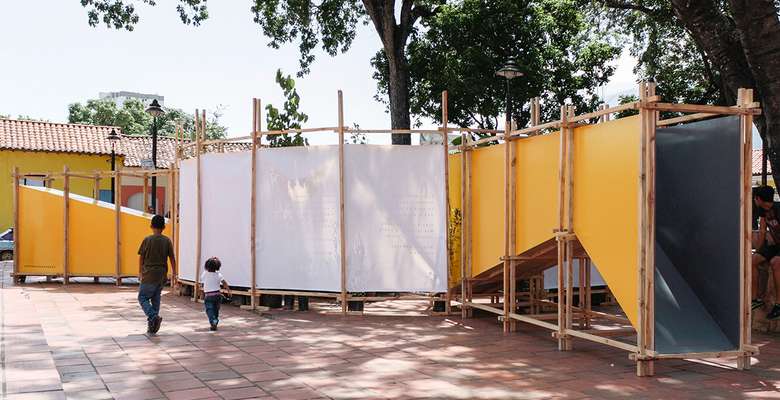
- Systemic changes
We work at the intersection of scarcity, creativity, and design. We believe a consciousness of scarcity can fuel creativity and increase the capacity of design to add value. We focus on three areas: small infrastructure projects in informal settlements, public space installations, and education programs, aligning with key aspects of the Venezuelan crisis: food insecurity, urban safety, social disintegration, and migration.
Today, COVID-19 is magnifying all metrics of inequity, increasing poverty, creating new mechanisms of exclusion and forms of scarcity. This will amplify pressing climate-related, economic, social, and racial issues. Architects are largely ill-equipped to be effective under these circumstances. An approach to architecture that embraces limitations to be impactful can cut through biases and question paradigms about the role of the architect. Scarcity creates abundance through sharing, co-responsibility, common ownership, opening the door to other forms of wealth.
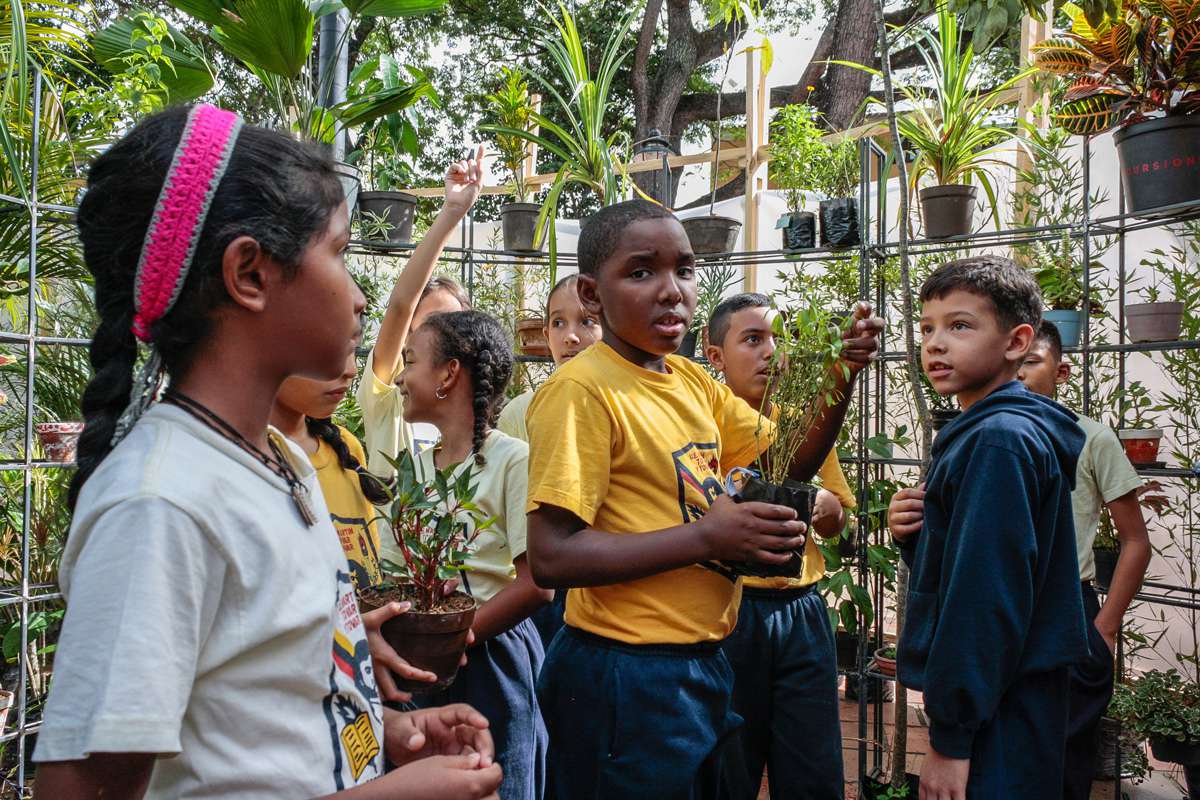
Paradiso is an urban garden whose care was entrusted to citizens. It was a space where visitors could regain confidence in one another and the city as a space that brings people together. The project aimed at rebuilding citizenship and confidence by promoting interaction and collaboration. Local schoolchildren became the main caretakers of the garden. After two weeks, the garden was dismantled and the plants donated to visitors as a present from the city.
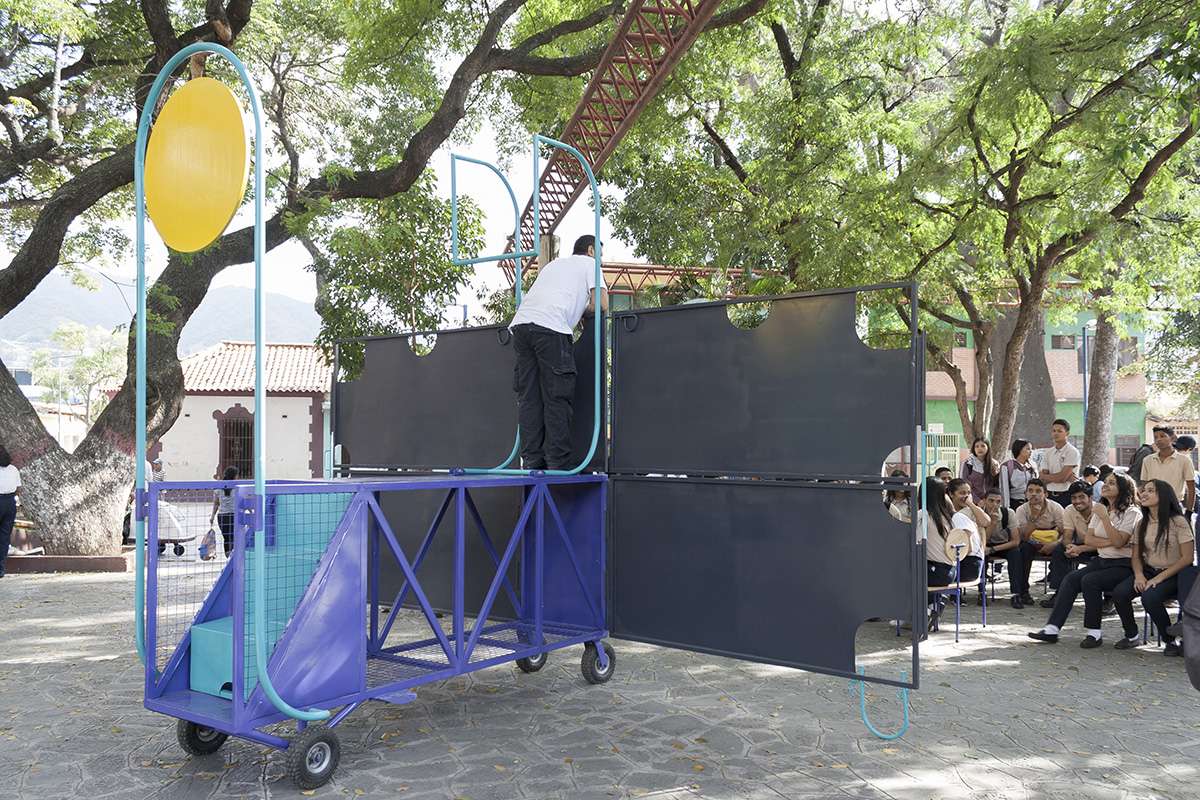
SPOT (Space Occupation Tool) is a device for occupying and reclaiming neglected and misused public spaces. It is a mobile, compact, and light machine that can be expanded to create multiple scenarios. In its deployment and operation, SPOT requires the active engagement of users. It aims at involving citizens from the very onset in the construction of a space built through interaction and agreement, opening the door to more complex participatory dynamics.
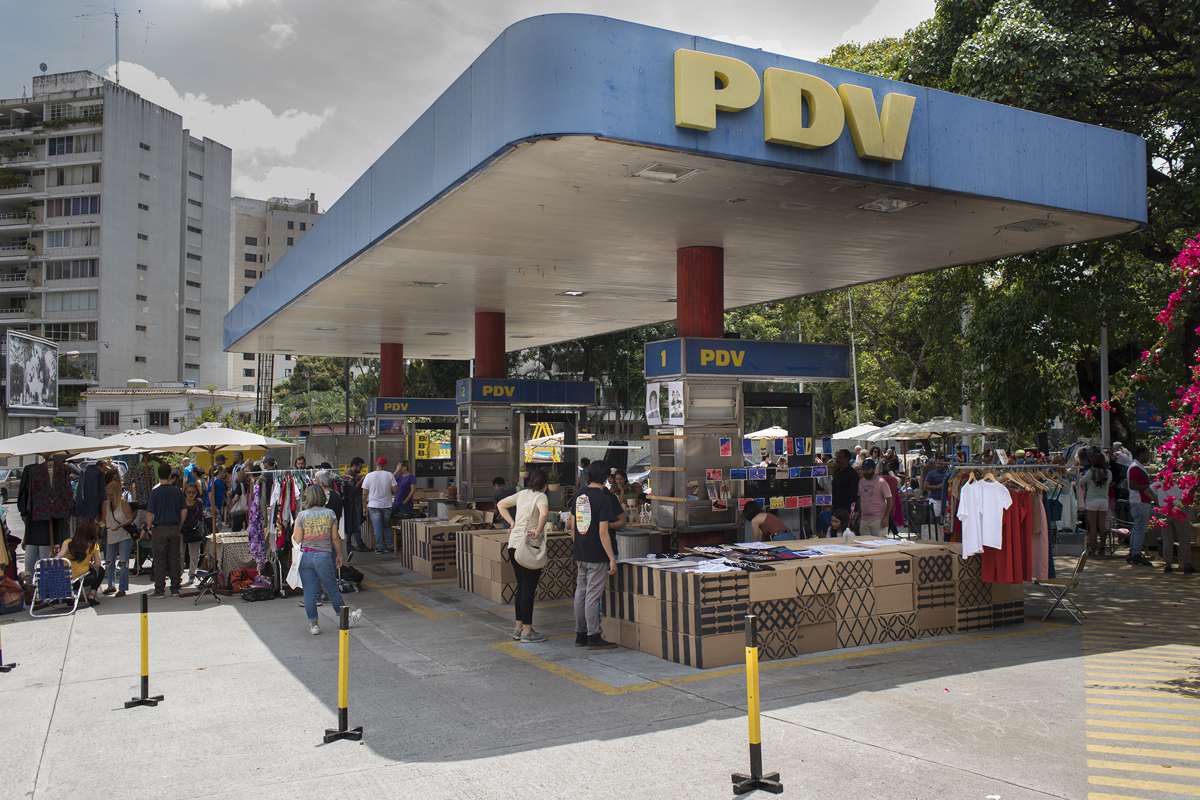
CCS Departure City is a series of installations and events commenting on the impact that mass emigration is having on the city, its dynamics and social relations. Using cardboard boxes, we transformed spaces, their use, and perception for one day. Here, we took over an abandoned gas station (symbol of progress and modernization) and planned a market, street party, and public talk, where visitors and speakers could reflect on the void and new opportunities created by the crisis.
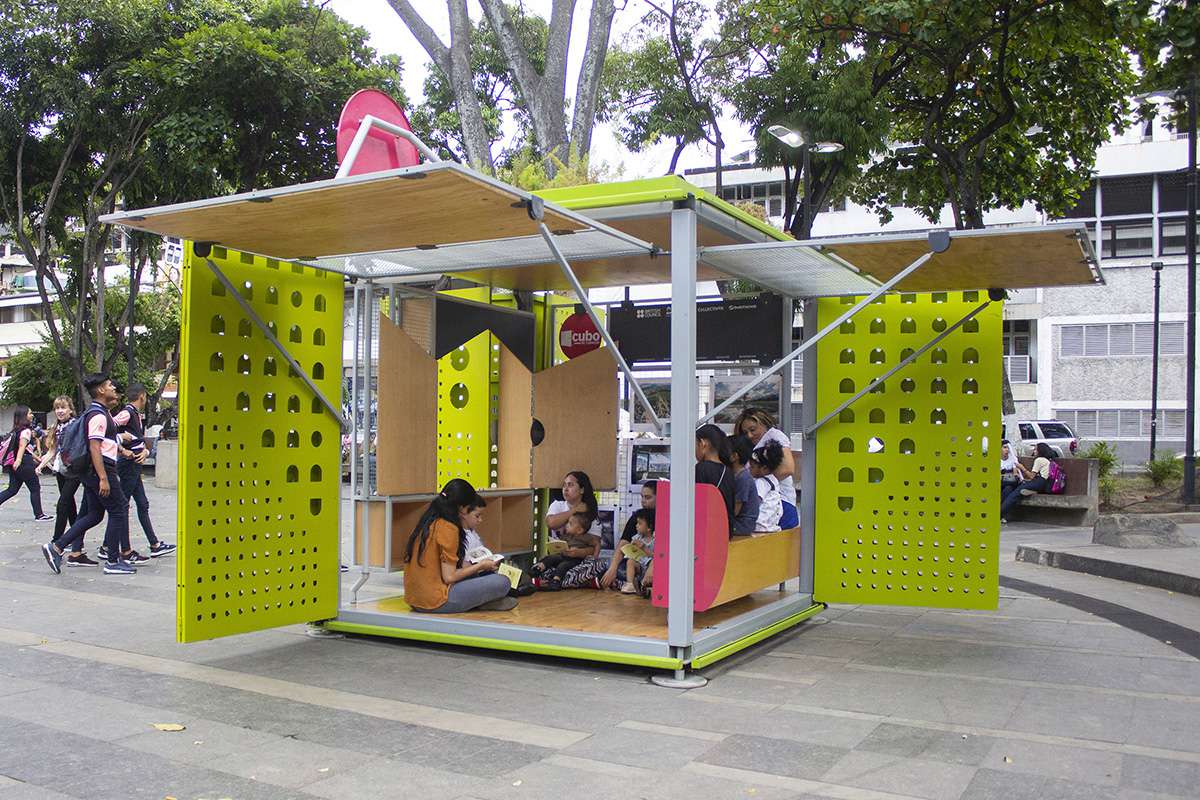
The Cube is an installation that creates an instant neighborhood focal point, to inspire social, cultural and educational exchange. It seeks to increase opportunities for interaction, exchange and development in its context. The Cube can help to identify opportunities in the neighborhood, giving people agency to define and curate public spaces at a time when the city’s social fabric is in decay. It is a tool for engaging citizens in the future design and uses of our urban environments.
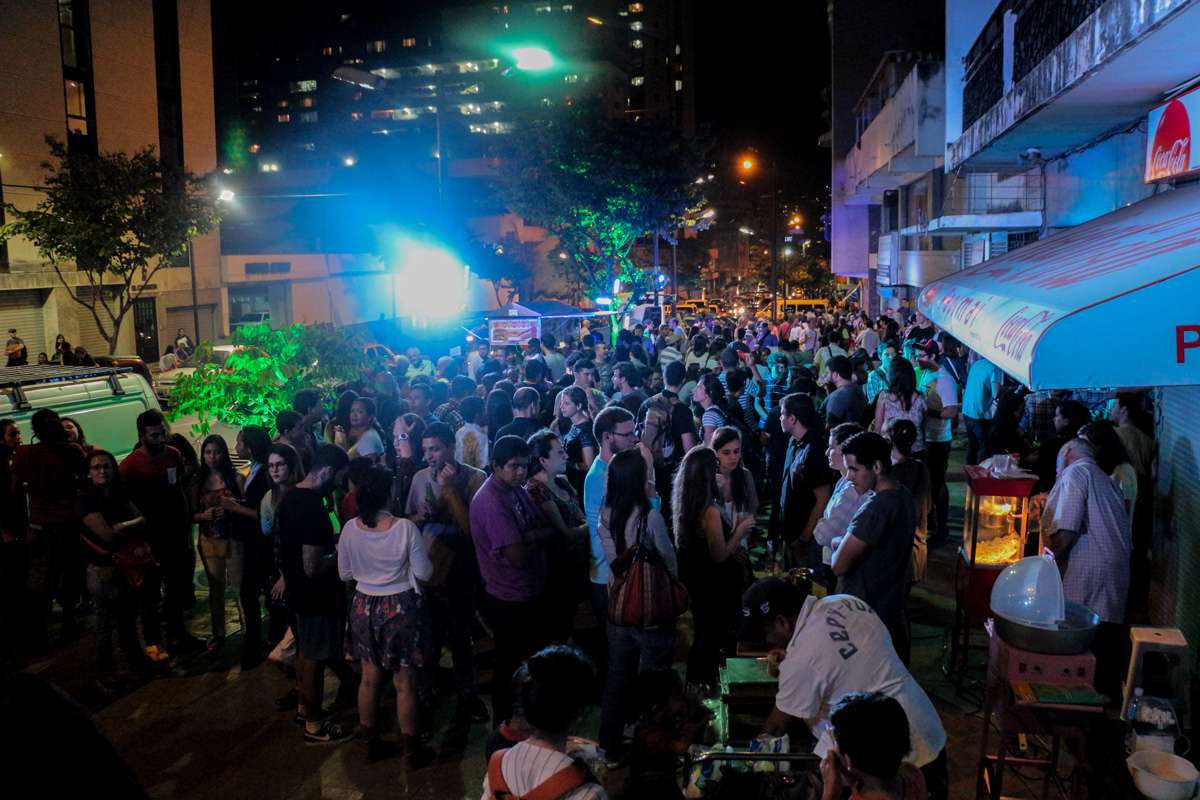
La Toma / The Takeover was an evening-long intervention in collaboration with German artist Jan Vormann. We created a setting for exchange among strangers and a new way of relating to the city during night hours, when we are no longer used to being out in public. The type of exchange we proposed was food for time in the city. We “infiltrated” guests (activists, teachers, architects) whose task was to introduce specific content in the conversations, promoting debate around common problems.
INCURSIONES
INCURSIONES

- Systemic changes
We work at the intersection of scarcity, creativity, and design. We believe a consciousness of scarcity can fuel creativity and increase the capacity of design to add value. We focus on three areas: small infrastructure projects in informal settlements, public space installations, and education programs, aligning with key aspects of the Venezuelan crisis: food insecurity, urban safety, social disintegration, and migration.
Today, COVID-19 is magnifying all metrics of inequity, increasing poverty, creating new mechanisms of exclusion and forms of scarcity. This will amplify pressing climate-related, economic, social, and racial issues. Architects are largely ill-equipped to be effective under these circumstances. An approach to architecture that embraces limitations to be impactful can cut through biases and question paradigms about the role of the architect. Scarcity creates abundance through sharing, co-responsibility, common ownership, opening the door to other forms of wealth.
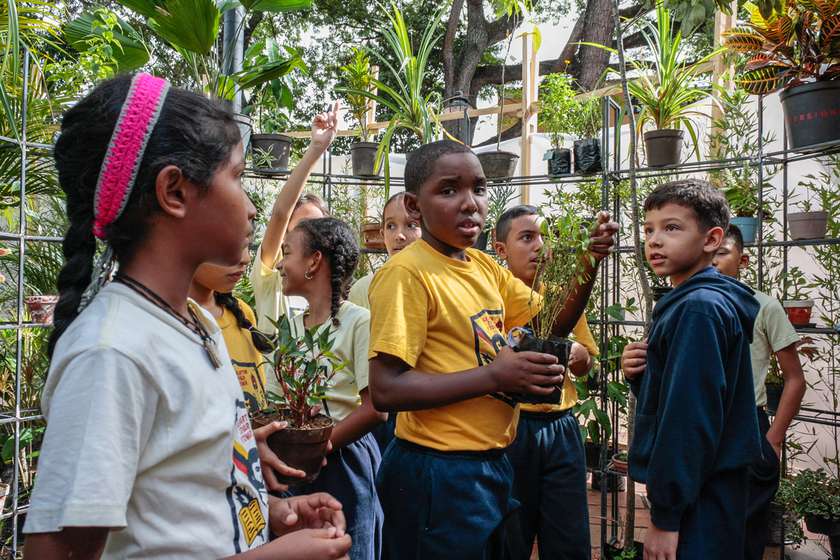
Paradiso is an urban garden whose care was entrusted to citizens. It was a space where visitors could regain confidence in one another and the city as a space that brings people together. The project aimed at rebuilding citizenship and confidence by promoting interaction and collaboration. Local schoolchildren became the main caretakers of the garden. After two weeks, the garden was dismantled and the plants donated to visitors as a present from the city.
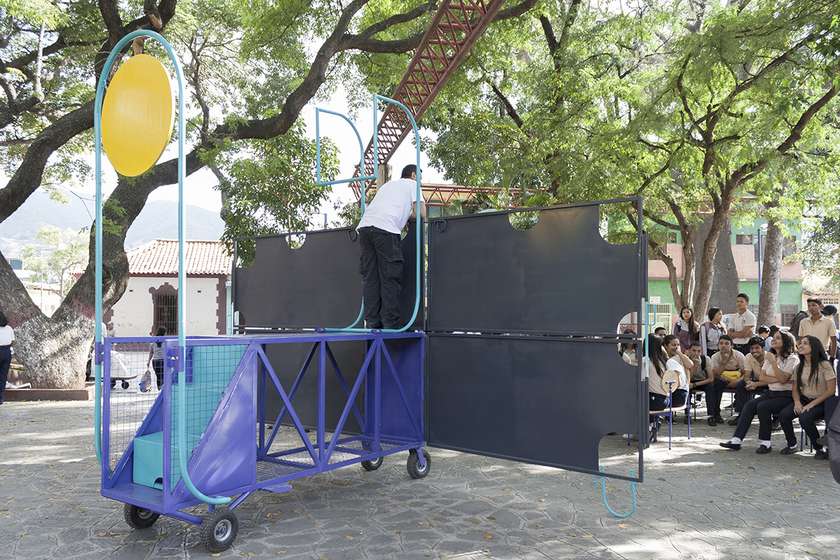
SPOT (Space Occupation Tool) is a device for occupying and reclaiming neglected and misused public spaces. It is a mobile, compact, and light machine that can be expanded to create multiple scenarios. In its deployment and operation, SPOT requires the active engagement of users. It aims at involving citizens from the very onset in the construction of a space built through interaction and agreement, opening the door to more complex participatory dynamics.
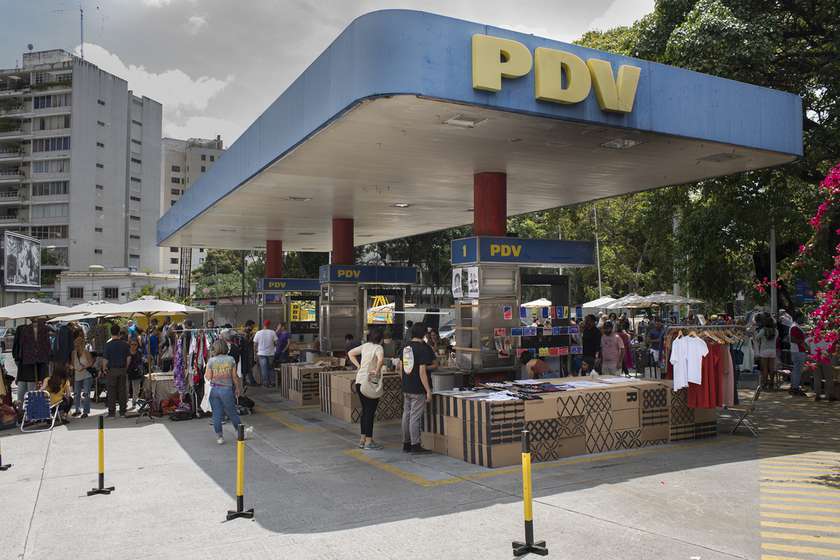
CCS Departure City is a series of installations and events commenting on the impact that mass emigration is having on the city, its dynamics and social relations. Using cardboard boxes, we transformed spaces, their use, and perception for one day. Here, we took over an abandoned gas station (symbol of progress and modernization) and planned a market, street party, and public talk, where visitors and speakers could reflect on the void and new opportunities created by the crisis.
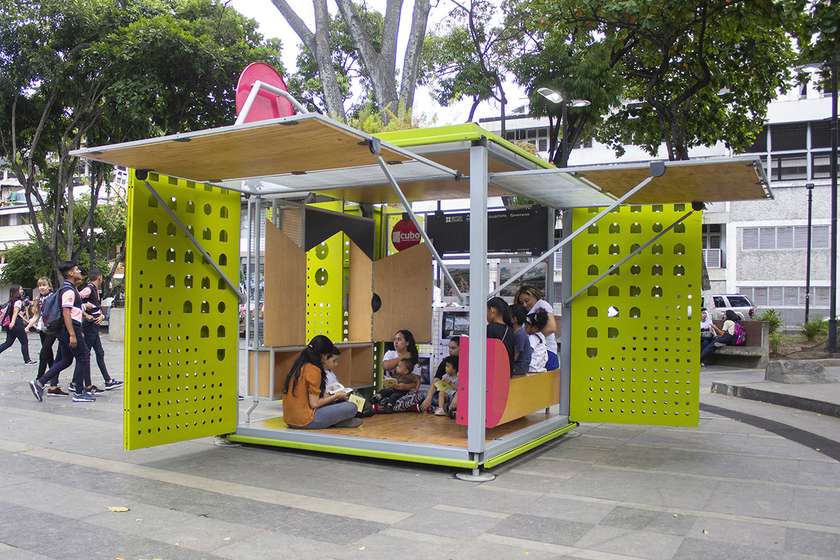
The Cube is an installation that creates an instant neighborhood focal point, to inspire social, cultural and educational exchange. It seeks to increase opportunities for interaction, exchange and development in its context. The Cube can help to identify opportunities in the neighborhood, giving people agency to define and curate public spaces at a time when the city’s social fabric is in decay. It is a tool for engaging citizens in the future design and uses of our urban environments.
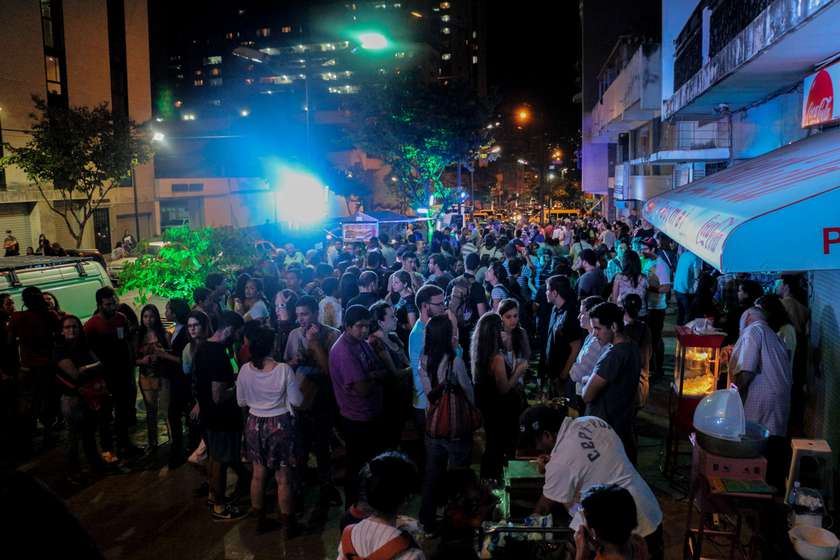
La Toma / The Takeover was an evening-long intervention in collaboration with German artist Jan Vormann. We created a setting for exchange among strangers and a new way of relating to the city during night hours, when we are no longer used to being out in public. The type of exchange we proposed was food for time in the city. We “infiltrated” guests (activists, teachers, architects) whose task was to introduce specific content in the conversations, promoting debate around common problems.